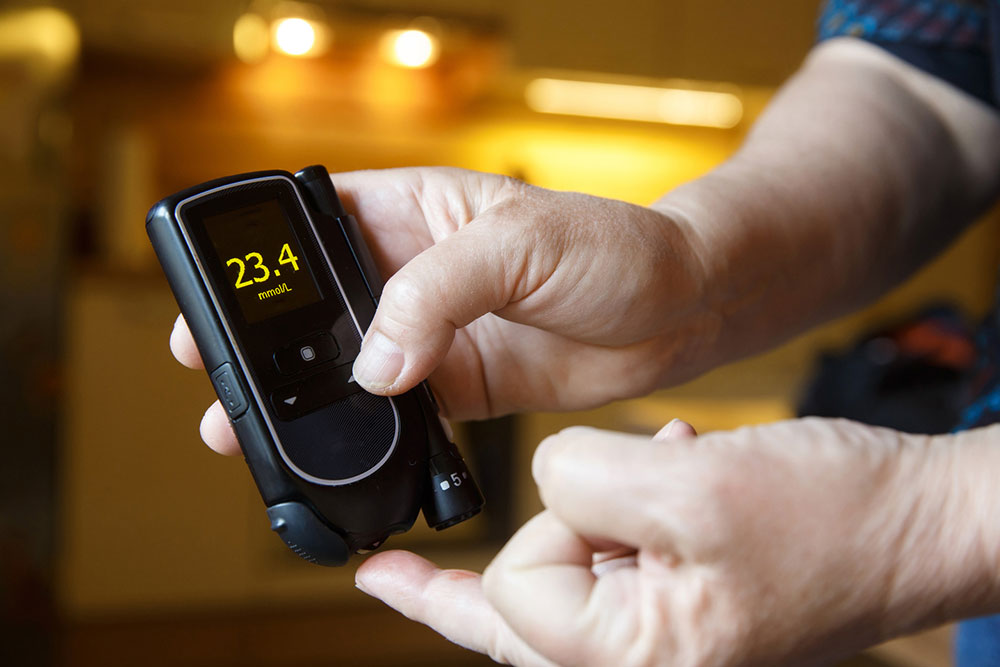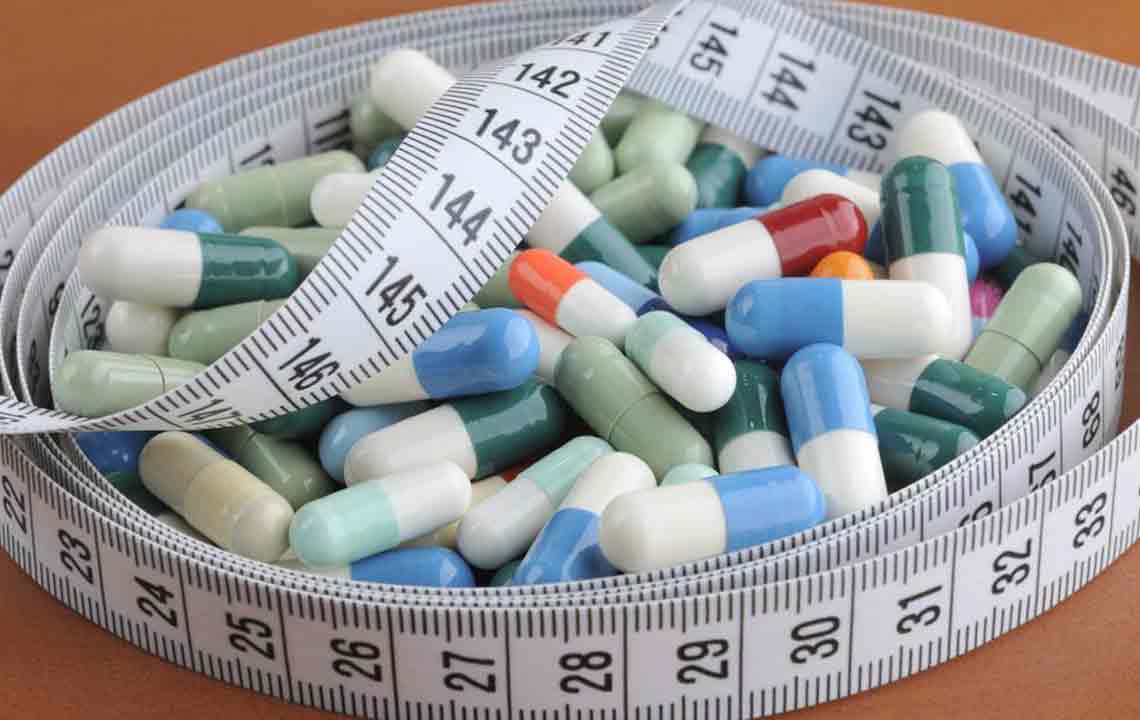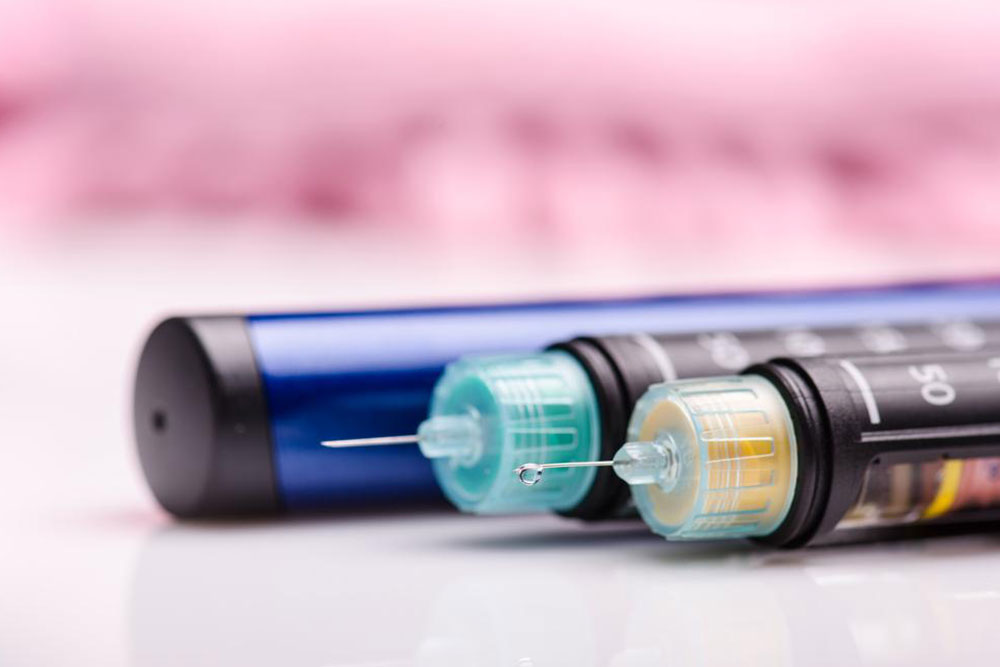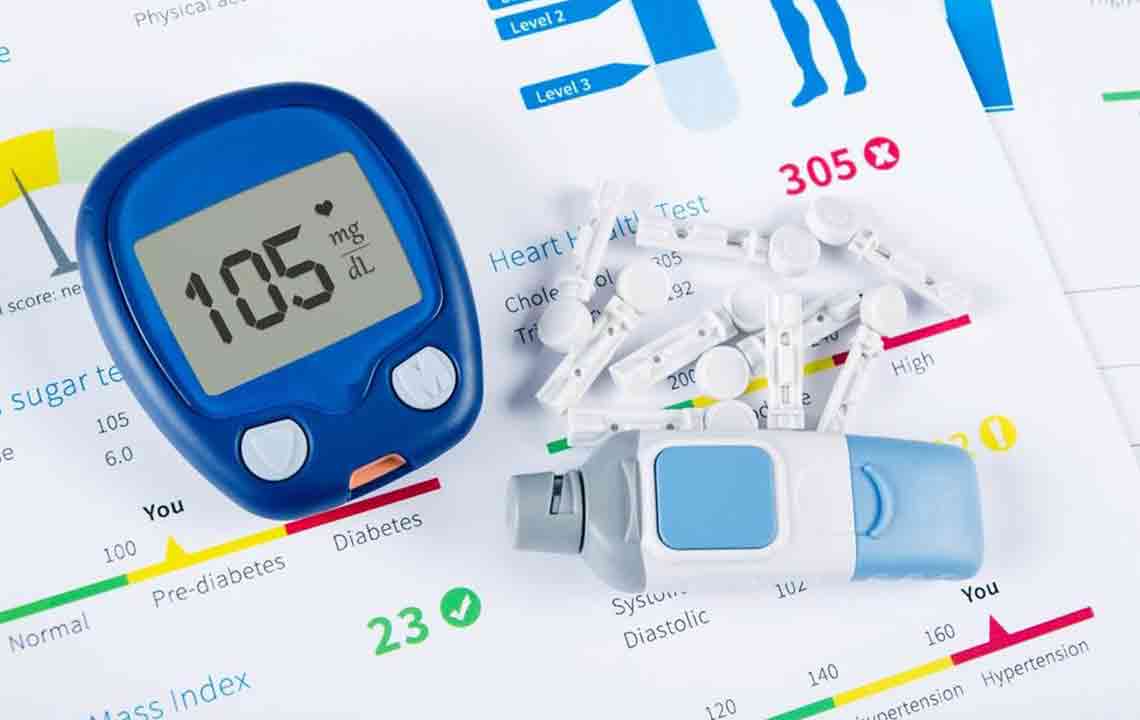Essential Tips for Managing Diabetes Effectively
This guide offers essential tips for managing diabetes effectively, focusing on diet, exercise, hydration, and device safety, especially during summer. Regular monitoring and prudent lifestyle choices are vital to keep blood sugar levels stable and prevent complications.
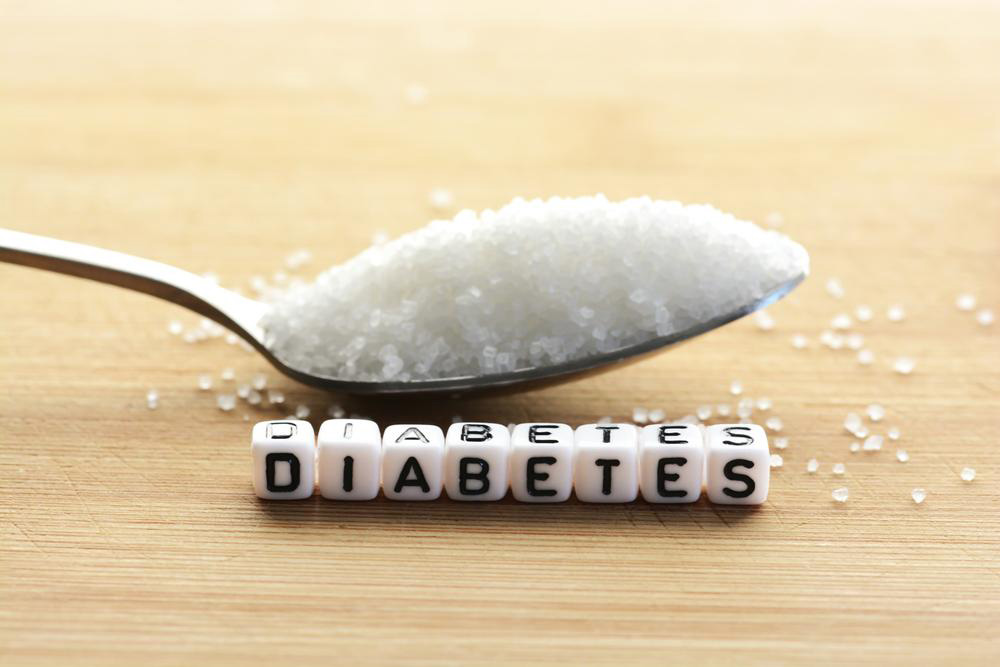
Key Strategies for Diabetes Management
Individuals living with diabetes need to be vigilant about their nutritional intake and daily habits. Beyond diet, it’s essential to adopt other measures to maintain stable blood sugar levels. During hot summer months, fluctuations in sugar levels can become more frequent, making it crucial to follow specific precautions to prevent complications.
Eat a balanced, nutritious diet: You don’t have to limit yourself to bland foods, but focus on nourishing your body with wholesome meals. Avoid foods rich in refined carbs and saturated fats. Instead, incorporate fresh fruits, vegetables, fish, and whole grains—steering clear of processed foods, trans fats, and high-sugar snacks.
Limit sugar and spicy foods: Excess sugar intake, especially refined sugar, can be dangerous for diabetics. Also, avoid spicy and oily foods, as they contain trans fats that your body can't digest properly. Focus on consuming healthy carbs like fruits rather than processed snacks.
Engage in regular exercise: Physical activity helps burn calories and supports heart health. Incorporate daily walks or cardio exercises, preferably in cool environments during hot weather to stay comfortable and safe.
Maintain hydration: Drink plenty of water and electrolyte-balanced fluids, avoiding sugary or carbonated drinks that can spike blood sugar levels.
Protect your insulin supplies: Store insulin and related devices in cool places, as high temperatures can cause malfunctions. Always check insulin bottles for heat exposure and replace if necessary.
Monitor blood sugar levels frequently: Regularly checking your blood glucose helps in timely identification of any anomalies and ensures your treatment is on track. This routine monitoring aids in optimizing insulin use and overall management.

